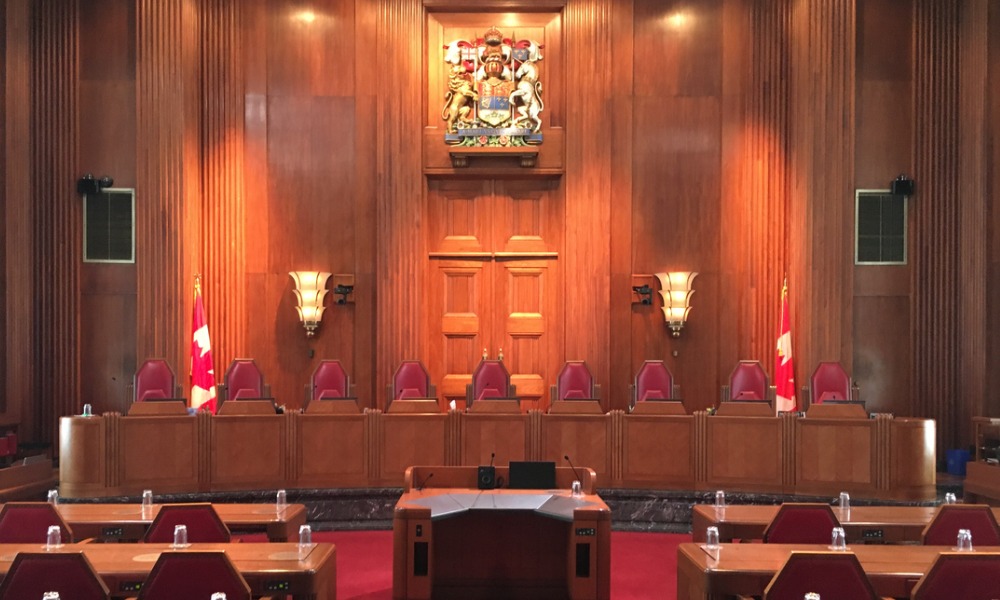Ontario criminal | Criminal Law
Dangerous offenders
Indeterminate sentence
Accused’s proposed release and treatment plan could not protect public adequately
Accused was declared dangerous offender and indeterminate sentence was imposed after accused pleaded guilty to aggravated assault, sexual assault, forcible confinement and uttering threats. At sentencing hearing, accused submitted further 10 years imprisonment followed by 10 year supervision order would adequately protect public, however, sentencing judge concluded accused’s proposed release and treatment plan could not protect public adequately. Accused appealed sentence on same grounds. Appeal dismissed. Accused’s letter expressing remorse and desire to make contribution to community during remaining years was appreciated; however, court’s function was to correct errors committed by court below and sentencing judge committed no error in his analysis or conclusion.
R. v. Siscoe (2017), 2017 CarswellOnt 1932, 2017 ONCA 133, J.C. MacPherson J.A., Paul Rouleau J.A., and David Brown J.A. (Ont. C.A.).
Indeterminate sentence
Accused’s proposed release and treatment plan could not protect public adequately
Accused was declared dangerous offender and indeterminate sentence was imposed after accused pleaded guilty to aggravated assault, sexual assault, forcible confinement and uttering threats. At sentencing hearing, accused submitted further 10 years imprisonment followed by 10 year supervision order would adequately protect public, however, sentencing judge concluded accused’s proposed release and treatment plan could not protect public adequately. Accused appealed sentence on same grounds. Appeal dismissed. Accused’s letter expressing remorse and desire to make contribution to community during remaining years was appreciated; however, court’s function was to correct errors committed by court below and sentencing judge committed no error in his analysis or conclusion.
R. v. Siscoe (2017), 2017 CarswellOnt 1932, 2017 ONCA 133, J.C. MacPherson J.A., Paul Rouleau J.A., and David Brown J.A. (Ont. C.A.).







